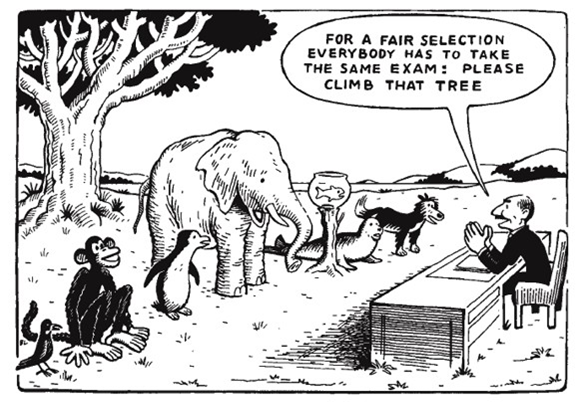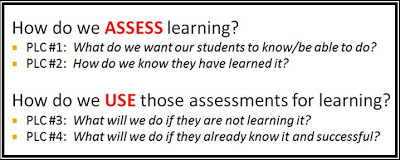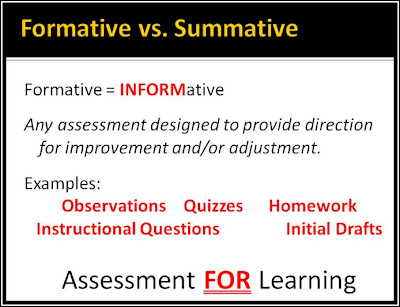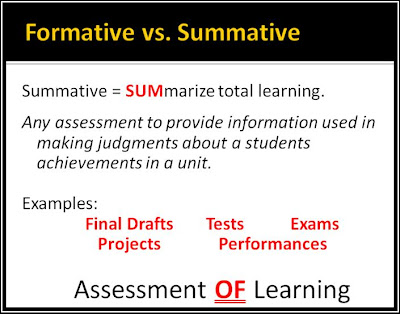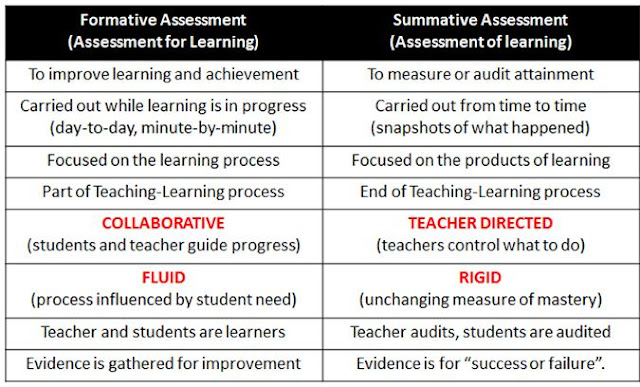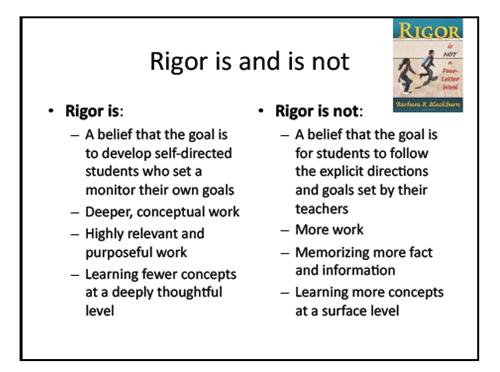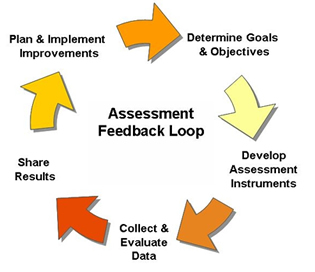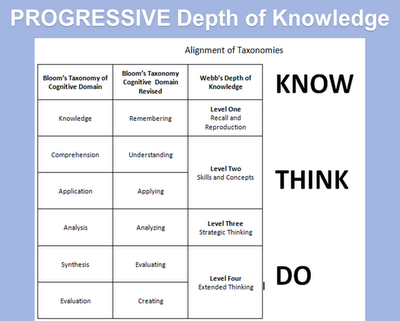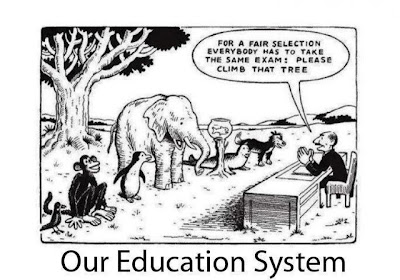I recently sent out these three tweets and the responses I got were somewhat surprising and startling to say the least...
Let us sit down and actually make a list of what we believe to be the most important and critical pieces to grading and assessment. Let us then make a list of the things we actually do in our classes when it comes to grading and assessment.
Then it might be quite appropriate to get out the proverbial 'red pen' and get to work...
When kids cheat on an activity, the worst thing you can do is give them a reduced grade due to their poor choice. #edchat
— Dr. Justin Tarte (@justintarte) April 13, 2014
Now, when I say surprising and startling, I'm referring to the push back I got from these statements. I realize we are all in different places in terms of our philosophies and approaches to grading and assessment, but I didn't know there were still so many who opposed these beliefs.
When you give a kid a reduced grade for cheating, you are basically telling that kid the assignment wasn't really worth doing anyway #edchat
— Dr. Justin Tarte (@justintarte) April 13, 2014
If we are to move forward with these discussions in an effort to align our beliefs with our actions, I fear we are much further off than I have imagined. I fear the situation is becoming increasingly more important especially as new educators enter and leave the profession at an ever-increasing rate.
Can we all stop saying that 'zeros' & strict deadlines teach responsibility. People don't learn 'responsibility' via consequence. #edchat
— Dr. Justin Tarte (@justintarte) April 13, 2014
Let us sit down and actually make a list of what we believe to be the most important and critical pieces to grading and assessment. Let us then make a list of the things we actually do in our classes when it comes to grading and assessment.
Then it might be quite appropriate to get out the proverbial 'red pen' and get to work...

